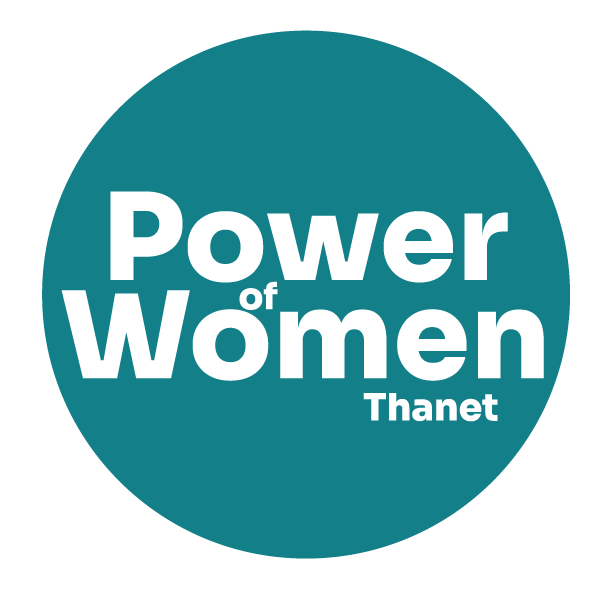
2024 Festival Theme: Rest
“Rest until you feel like playing, then play until you feel like resting, period. Never do anything else. ”
what is rest?
Cambridge Dictionary definition of “rest”
Verb - to (cause someone or something to) stop doing a particular activity or stop being active for a period of time in order to relax and get back your strength.
Noun - a period of time in which you relax, do not do anything active, or sleep
There is much contemporary conversation about the power of radical rest and its importance to women in particular who hold so much and rest so little. It feels like following the pandemic, we are all readdressing our feelings around health, mental health and our life/work balance. Sleep, rest and naps go against the capitalist system of grind culture we are presented with as normal. Offering the POW audience playful permission to rest is a powerful message for the 2024 festival.
Research.
Almost half of working-age women in the UK do 45 hours of unpaid care a week. Every year, women in the UK provide an estimated 23.2 billion hours of unpaid childcare, valued at approximately £382 billion, while men contribute 9.7 billion hours worth £160 billion, according to research from the thinktank Centre for Progressive Policy. Describing unpaid work as "one of the driving forces of gender-based inequalities in the workplace," the CPP found that caring responsibilities "disproportionately impact women and exacerbate workplace inequality." (Alexandra Topping, The Guardian, 31/03/2022)
On average, women undertake 60% more unpaid work than men. [ONS (10 November 2016) 'Women shoulder the responsibility of unpaid work' [Source[. Women spend about twice as much time on unpaid cooking, childcare, and housework as men, with transport (driving oneself and others) being the only area where men do more unpaid work than women.
It is also noteworthy that there are significant differences in the gender pay gap by ethnicity. Women of Pakistani and Bangladeshi origin and women of Black African origin have the most substantial gender pay gaps relative to White British men, at around 25% for all employees. For Black African women, the gap has been particularly resistant to change, with only a 2% reduction from 1990 to 2010. [Fawcett Society (2017) 'Gender Pay by Ethnicity in Britain'
Levels of economic inactivity due to long-term sickness have increased since January 2020 and represent one of the most significant economic challenges for the UK currently. However, there was no new funding for the NHS or social care to tackle this in the Spring 2023 Budget. Additionally, most people are grappling with the cost-of-living crisis and the most significant fall in living standards on record. [Women’s Budget Group response to the Spring 2023 Budget]
The economic impact of the crisis is most affecting people already on low incomes or with less accumulated wealth. This profoundly affects inequality experienced by Black, Asian, and minority ethnic (BAME) people, disabled people, and women. Women’s Budget Group, Treasury Committee: Inquiry on an Equal Recovery.
Globally, women perform 75% of unpaid work, dedicating, on average, four hours and 25 minutes daily, more than three times men’s average of one hour and 23 minutes. [Action Aid ]
The gender pay gap currently stands at 13%, having decreased by only 2.8 percentage points between 2010 and 2020. This gap results in women effectively working 'for free' from 15 November until the end of the year. Gender stereotypes, coupled with the pay gap, often result in women taking on the role of informal caregivers because the family cannot afford to lose the higher [male] income or because it is still considered 'women’s work'. The subsequent impact on women’s ability to participate in the labour market can then result in women leaving employment or reducing work hours, with a negative impact on their earnings and pensions. [Source.]
If a phrase summed up the complicated, flawed zeitgeist of the 2010s – it was self-care. This concept, which originated in black activist circles in the 1980s, was later appropriated by white, corporate feminism and the industrial wellness complex. It was first used in 1988 by black lesbian feminist Audre Lorde while fighting cancer and the political status quo. She wrote, “Caring for myself is not an act of self-indulgence; it is self-preservation, and that is an act of political warfare”. [Source]
Creative responses to rest
Kent-based author and podcaster Katherine May’s Wintering: The Power of Rest and Retreat in Difficult Times is a poignant and comforting meditation on the fallow periods of life, times when we must retreat to care for and repair ourselves. As an autistic and chronically ill author, Katherine explores the wisdom of knowing that, like the seasons, our winters and summers are the ebb and flow of life.
Tricia Hersey is founder and creator of The Nap Ministry and author of Rest is Resistance: A Manifesto. She explores Black liberation, womanism, somatics, and Afrofuturism. Her work is a call to action and manifesto for those who are sleep deprived, searching for justice, and longing to be liberated from the oppressive grip of Grind Culture.
In Reset to Rest: The busy person’s guide to pausing with purpose, Suzy Reading defines 8 pillars of rest that each have an opposite:
In Sacred Rest: Recover Your Life, Renew Your Energy, Restore Your Sanity, Dr Saundra Dalton-Smith explores seven types of rest:





